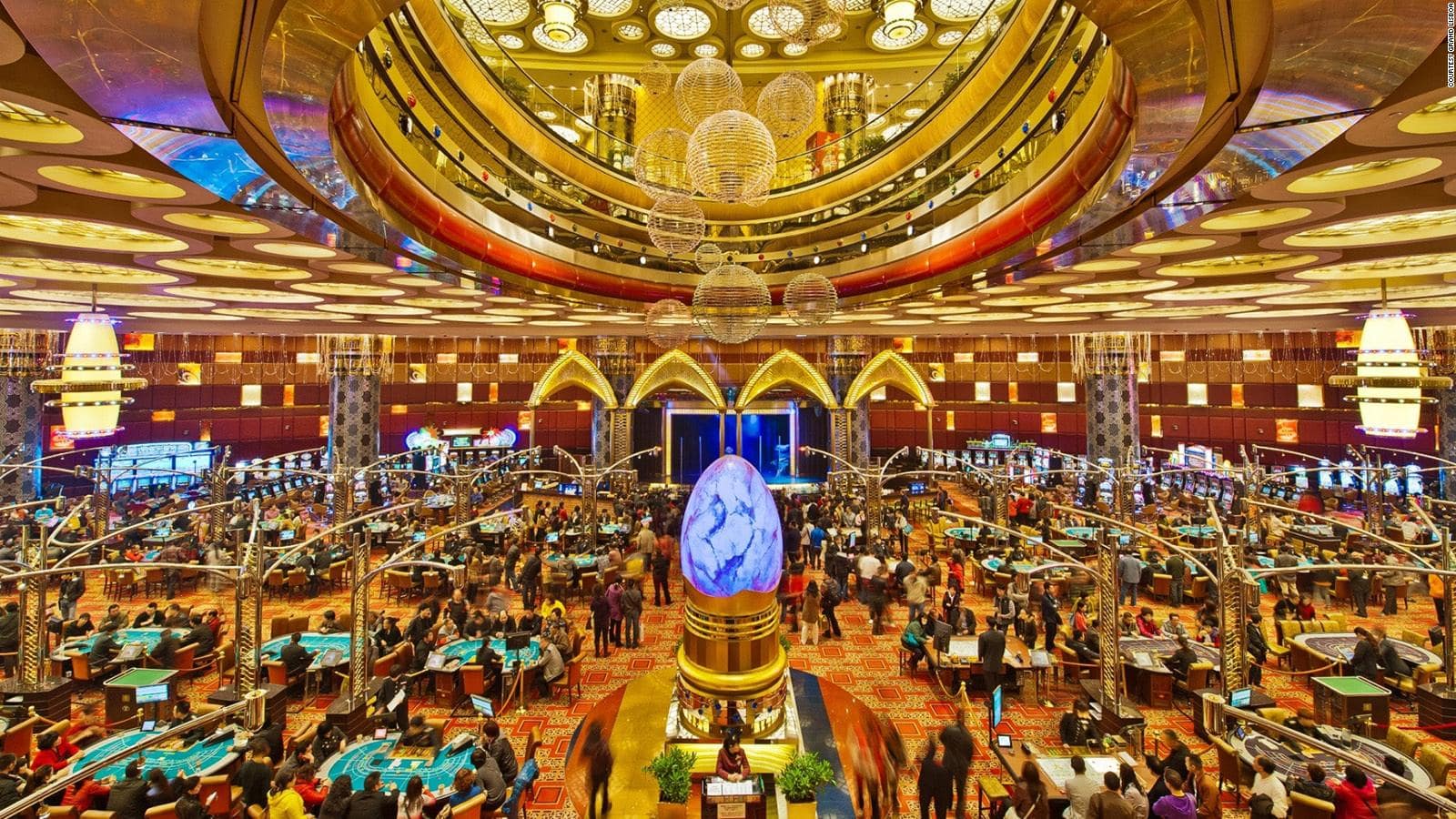Gambling Games and Their Impact in Cultural Trends

Gambling games have long captured the interest of people around the world, becoming an integral part of both leisure and culture. From the shimmering lights of Nevada to the immersive experience of online gaming, these activities evoke thrill, risk, and sometimes even a sense of remembrance. They are more than simply pastimes; they have woven themselves into the tapestry of society, influencing everything from cinema and songs to style and writing.
The allure of casino games goes beyond the gambling aspect, tapping into broader themes of serendipity, chance, and social interaction. As players convene around a gaming table or turn the roulette wheel, they engage in an ancient ritual that connects with our collective desire for excitement and instability. This captivation has led to the emergence of countless references in movies, tracks, and video games, showcasing how deeply entrenched these activities are in mainstream culture. Whether it is the pressure of a classic robbery film or the colorful nightlife portrayed in recordings, casino games have carved out a substantial niche that reflects our bond with risk and reward.
Cultural Impact of Casino Activities
Casino activities have played a key role in social contexts throughout the ages. Stemming from old civilizations, games of chance were often connected to ceremonies or gatherings. For instance, early forms of these activities can be traced back to ancient China and the Romans, where dice games and wagering on outcomes were common pastimes. These games not only served as leisure but also as methods of social interaction, facilitating relationships among people within communities.
As societies evolved, so did the sophistication and organization of casino games. The establishment of formal casinos in the 17th century, particularly in Italy, marked a significant shift in how games were viewed and organized. With designated spaces for gambling, the casino became a community center where patrons from different backgrounds convened. This change contributed to the validation of the industry, transforming it from a mere pastime into an organized industry that influenced economy and policy.
The impact of gambling activities on mainstream culture cannot be understated. As they were brought into the limelight in books and movies, games such as poker and blackjack became icons of chance, luck, and tactics. Famous characters and stories have developed around these activities, illustrating societal attitudes towards fortune, prosperity, and vice. This interest with casino games has permeated various forms of media, cementing their status in the collective consciousness and linking them to wider cultural stories throughout the ages. https://sonclub1.com/
Depiction of Gambling Games in Entertainment
Casino activities have long been a popular theme in various forms of media, reflecting both the thrill and nuances of gambling culture. Films such as Ocean’s Eleven and Casino Royale portray figures who navigate dangerous scenarios, showcasing not only the appeal of the casino atmosphere but also the strategies and judgments that come with playing popular games like poker and 21. These movies often dramatize the thrill of winning and the potential results of losing, encapsulating the risks involved in gambling.
TV programs have also explored the realm of casino games, often integrating them into the narrative as a context for character development and tension. Shows like Vegas depict the lives of casino workers and patrons, highlighting the lively, often disorderly energy of the gaming floor. Reality shows featuring intense betting contests further emphasize the appeal of casino games, drawing viewers into the tension and planning involved in each round. Through these portrayals, media not only entertains but also prompts conversations about luck, expertise, and the essence of randomness.
Digital games have increasingly integrated gambling activities into their structure, allowing players to recreate the thrill of gambling without financial exposure. Games within the landscape of online gaming often include online slot machines, online poker, and other casino favorites, creating an interactive experience that mirrors actual casino experiences. These digital representations make casino games accessible to a broad demographic, appealing to both players who indulge and those who enjoy the thrill of simulation. As a consequence, the portrayal of casino games in media continues to shape public perception and importance, highlighting their place in entertainment and the cultural landscape.
Impact of Casino Games on Communities
Casino games have a meaningful effect on society, affecting various aspects of societal norms and interpersonal behavior. They often function as a venue for social interaction, where people gather to experience a common activity. Casino trips with friends or visits to casinos become social activities that build connections and create memories. This collective aspect enhances the fun value of gambling activities, making them a favored choice for celebrations and leisure activities.
Moreover, casino games have been depicted in countless movies, TV series, and written works, shaping perceptions and attitudes towards gambling and betting. Icons like James Bond competing in baccarat or the intense poker scenes in films have cemented these games in the shared imagination. This representation often glamorizes the culture associated with gambling, attracting new players and influencing trends in both fashion and behavior. These portrayals can ignite curiosity and lead to a deeper exploration of the nuances of gaming.
However, there are also adverse implications associated with the popularity of casino games. The temptation of quick monetary gain can lead to problem gambling and financial troubles for some people. The community must grapple with these issues, promoting responsible gambling and awareness of the dangers involved. Balancing the fun aspect of gambling activities with the risks is vital to ensure that they continue to be a beneficial aspect of our cultural landscape.